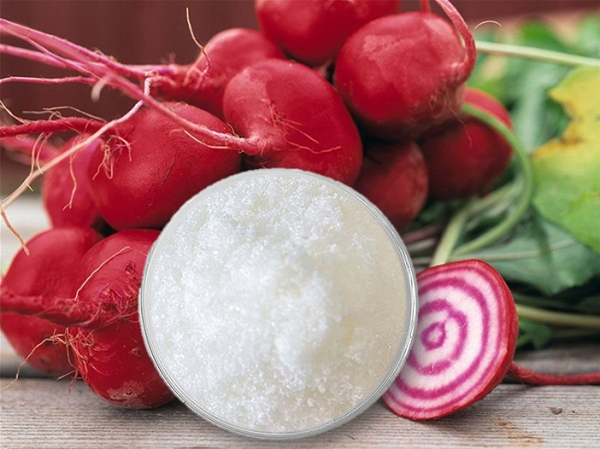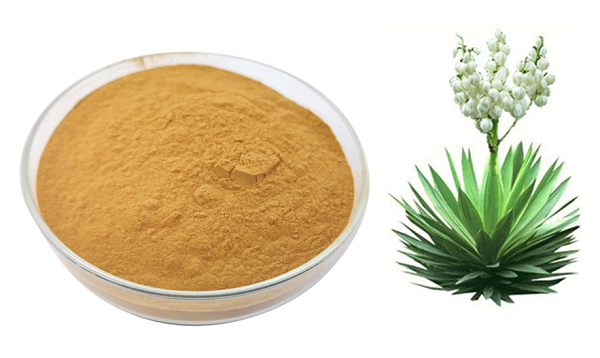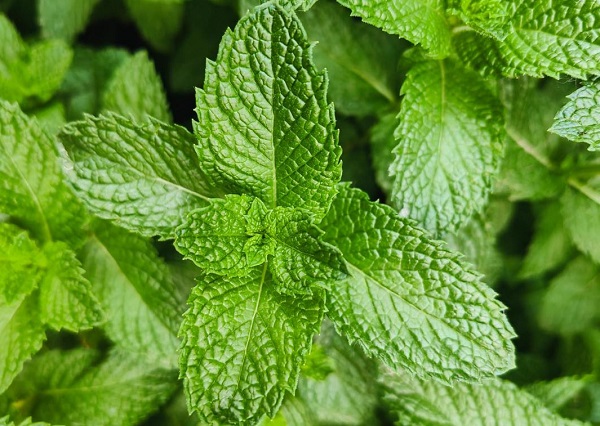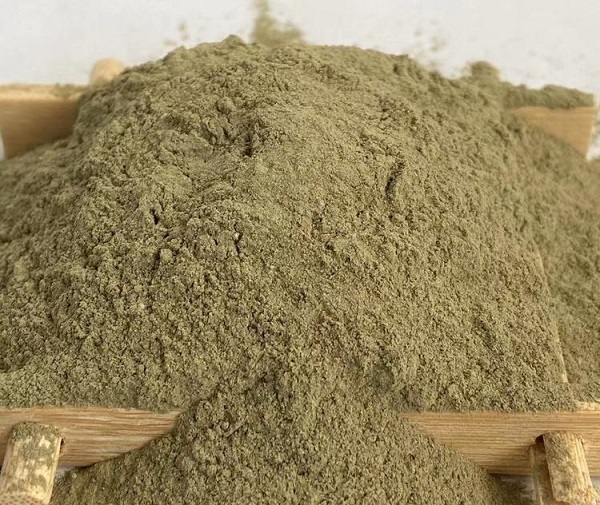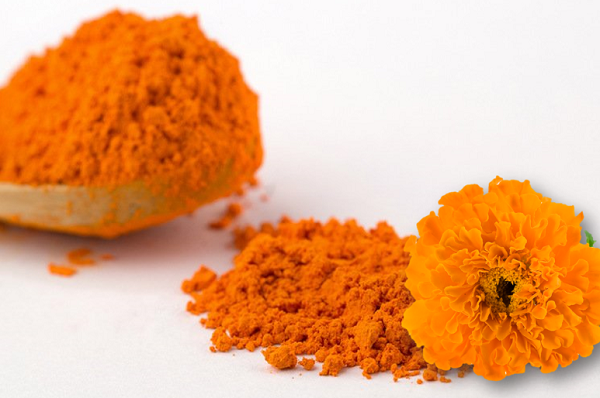Follow Us:
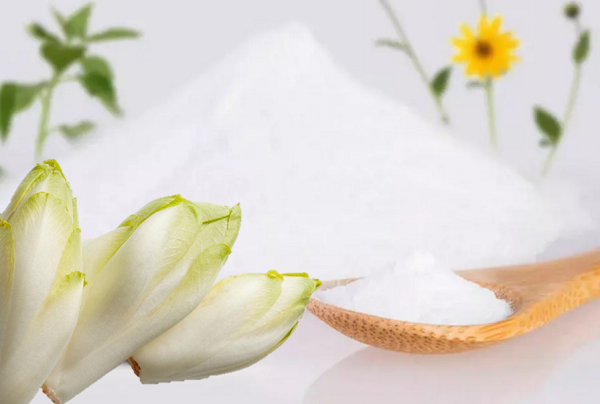
How to Select Inulin for Pet Food Formula?
Let’s talk about inulin-the unsung hero of the pet food world. If you’ve ever wondered why some kibble keeps tails wagging and tummies happy, chances are inulin has something to do with it.
Inulin is not only a natural fiber but also a prebiotic, which can help pets have a healthier digestive system. For pet food manufacturers and raw material distributors, choosing the right inulin is crucial for pets’ nutrient absorption and overall health. This article provides a comprehensive guide on how to select inulin for pet food formula.

Understanding Inulin and Its Role in Pet Food
Inulin is a naturally occurring fructan found in plants such as chicory root, Jerusalem artichoke, and agave. In pet food, it functions primarily as a prebiotic, stimulating the growth of beneficial gut bacteria. By improving digestive health, inulin contributes to better nutrient absorption, stool quality, and immune system support.
A 2022 study in Journal of Animal Nutrition fed 30 adult dogs a diet supplemented with 3% inulin for eight weeks. Researchers observed a 25% increase in beneficial gut bacteria (Bifidobacterium spp.) and a 15% reduction in fecal ammonia levels, indicating improved gut health and reduced odor.
Key Benefits of Inulin in Pet Nutrition
The following benefits make inulin a highly valuable functional ingredient in premium pet food.
- Gut Health Support: Inulin promotes the growth of beneficial bacteria like Bifidobacteria and Lactobacilli, which help maintain a balanced intestinal microbiome.
- Digestive Regularity: As a soluble fiber, inulin improves stool consistency and reduces the risk of constipation in both dogs and cats.
- Enhanced Nutrient Absorption: Inulin fermentation in the gut produces short-chain fatty acids that support mineral absorption, particularly calcium and magnesium.
- Weight Management: By increasing satiety and reducing calorie intake, inulin can aid in weight management formulas.
- Immune System Support: A healthy gut microbiome strengthens immune responses, improving overall pet wellness.
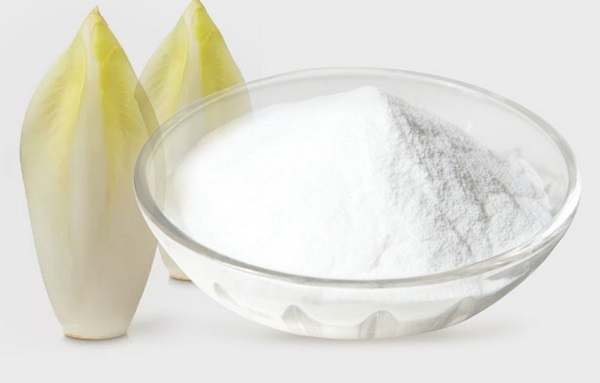
Different Types of Inulin for Pet Food Formulations
Not all inulin is created equal. Pet food formulators can choose from several types based on chain length and functional properties:
1. Short-Chain Inulin (Oligofructose): Highly soluble and quickly fermented, ideal for promoting rapid growth of gut bacteria.
2. Long-Chain Inulin: Slowly fermented and provides sustained prebiotic effects, improving colon health over time.
3. Standard Inulin: A mixture of short and long chains, offering a balance between solubility and sustained gut benefits.
Solubility and Functional Properties of Inulin
Solubility and other functional properties directly affect the processing and performance of inulin in pet food.
Highly soluble inulin blends easily into wet and dry foods, maintaining stability and preventing clumping. Other functional properties like water retention, gel formation, and viscosity influence texture, mouthfeel, and shelf life.
Long-chain inulin can enhance kibble structure, while short-chain inulin improves softness and palatability in treats, more suitable for soft treats and supplements.
Recommended Dosages of Inulin for Dogs and Cats
Dosage is critical for efficacy and safety. Typical inulin inclusion rates in pet food range from 1% to 5% of the total formula, depending on the type of pet and product format:
Dogs: 1–3% in dry kibble; higher levels can be used in functional treats.
Cats: 0.5–2% in dry or wet food; cats are more sensitive to high fiber levels.
* A controlled feeding trial with 24 adult dogs showed that a 3% inclusion of inulin resulted in a 20% improvement in stool firmness scores without any negative effects on palatability.

Quality Standards and Purity Considerations
Quality is a key factor in selecting inulin for pet food. High-purity inulin with minimal contaminants ensures safety, consistency, and optimal functionality.
Purity and Degree of Polymerization (DP):
Inulin comes in various chain lengths, also known as degree of polymerization (DP). High-purity inulin ensures consistent DP distribution, which is essential for predictable digestive outcomes in pets. Low-purity or inconsistent inulin may result in variable fermentation rates, reducing the intended prebiotic effects.
Moisture Content:
Excess moisture can encourage microbial growth and reduce shelf stability. Ideal moisture content for inulin intended for pet food is typically below 5%.
Microbiological Safety:
Inulin is a prebiotic, which means it can support bacterial growth if contaminated. Choosing products with rigorous microbiological testing for E. coli, Salmonella, and yeast/mold is critical.
Residual Contaminants:
Check for heavy metals, pesticide residues, and other potential contaminants. Regulatory limits vary by region, but adherence to recognized standards such as EU regulations or FDA guidance ensures safety for pets.
Functional Consistency:
Quality inulin should deliver consistent solubility, water retention, and prebiotic activity across batches.
Formulation Tips
Inulin can be combined with other prebiotics, such as fructooligosaccharides (FOS) or galactooligosaccharides (GOS), to create synergistic effects. These combinations support diverse microbial populations in the gut, enhancing overall digestive health. When designing formulations, it is essential to balance fiber content to avoid gastrointestinal upset while maximizing prebiotic benefits.
Inulin & FOS: Excellent for increasing Bifidobacteria, supporting overall gut health, and enhancing mineral absorption (especially calcium).
GOS (Galacto-oligosaccharides): Very effective at boosting both Bifidobacteria and Lactobacilli. It is also relatively mild, and is known for its gentle properties and suitability for sensitive skin.
XOS (Xylo-oligosaccharides): Highly potent at very low doses. Excellent for Bifidobacteria and may have a stronger impact on blood sugar regulation.
Market Prospects for Inulin in Pet Food
The global pet food market continues to grow, driven by rising pet ownership and increasing awareness of pet wellness. Digestive health is a top priority for pet owners, making prebiotic ingredients like inulin highly sought after. Both dog and cat food categories are embracing prebiotics. Emerging markets, including Asia-Pacific and Latin America, present significant growth opportunities, as pet owners increasingly seek functional diets.
Conclusion
Selecting the right inulin for pet food formulations requires a thorough understanding of its types, functional properties, dosage requirements, and quality standards. Ultimately, this will help you create high-quality, efficient, and competitive pet food products.
Greenagribio is a botanical pet food ingredients manufacturer, we offer inulin that meets strict quality standards, including controlled heavy metal content, low microbial load, and customizable mesh size. Our inulin supports sending documents such as COAs, specification sheets, SDS, and flowcharts. We have 1000KG of inventory in our US warehouse, ensuring short delivery times. Ready to choose the right inulin for your pet food formula? Contact us today!
Also See
Prebiotics In Animal Nutrition: Bulk Inulin Powder Price
Does Probiotics and Prebiotics Benefit for Animal Nutrition?













